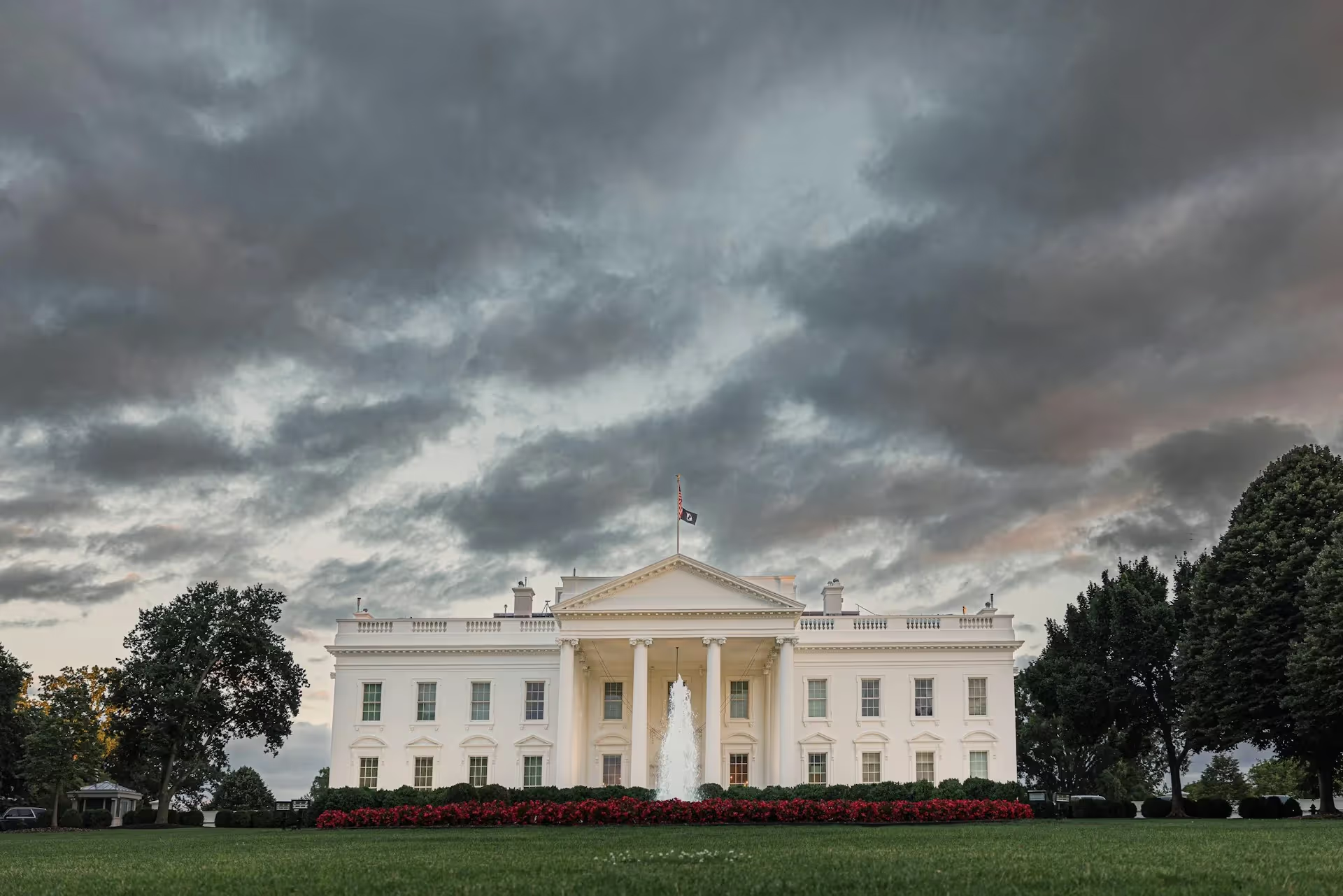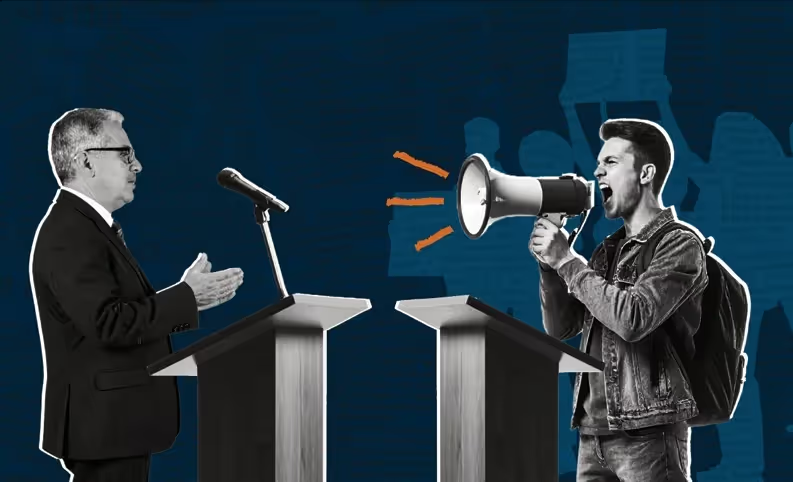
Why Trump’s ‘Emergency’ Tariffs Won’t Fly
The trade deficit isn’t a sudden surprise, short in duration, and great in harm: the usual characteristics of an emergency.
The Court of Appeals for the Federal Circuit was correct to rule against President Trump’s tariffs but not for the reasons you offer in “Trump Isn’t a Tariff King” (Review & Outlook, Sept. 2). A fair reading of the International Emergency Economic Powers Act would allow a president to impose a tariff on foreign imports. No one disputes that the statute allows him to block all U.S. trade with another country, such as North Korea, Cuba or Iran, or to impose sanctions on Russia for its war on Ukraine. The greater power includes the lesser power—if the president could cut off all imports from China because it poses a national-security threat, he can reduce the amount of imports by using taxes, licenses, quotas or other measures. While their forms may be different, they are all regulations in substance.
You write that the major-questions doctrine should prohibit such a generous reading of IEEPA. That doctrine, however, is merely a stand-in for the nondelegation doctrine, which prohibits Congress from transferring too much of its power to the executive. Yet in U.S. v. Curtiss-Wright (1936), the high court clearly said that the nondelegation doctrine doesn’t apply to foreign affairs, where the need for executive energy, speed and decision is at its height. Neither you nor the federal circuit addresses Dames & Moore v. Regan (1981), in which the court upheld an expansive reading of IEEPA to allow President Reagan to take the economic measures necessary to end the Iranian hostage crisis.
Constitutionalism

Amicus Brief: Hon. William P. Barr and Hon. Michael B. Mukasey in Support of Petitioners
Former AGs Barr and Mukasey Cite Civitas in a SCOTUS Brief

Rational Judicial Review: Constitutions as Power-sharing Agreements, Secession, and the Problem of Dred Scott
Judicial review and originalism serve as valuable commitment mechanisms to enforce future compliance with a political bargain.

What’s Wrong with a Military Campaign Against the Drug Trade
Trump’s boat strikes against the cartels risk crossing the line between law enforcement and war.

The Long History of Presidential Discretion
The Framers did not expect Congress to preauthorize every use of force or to manage military campaigns.
.avif)
Have We All Misunderstood Enumerated Powers?
The author carefully states that his goal is to unsettle the orthodoxy of enumeration.

Free Speech and the American University: A Proposal
We need the restoration of a moral framework for regulating speech, a framework that we, as a people, once had no trouble in understanding.


.avif)






.avif)
.avif)





